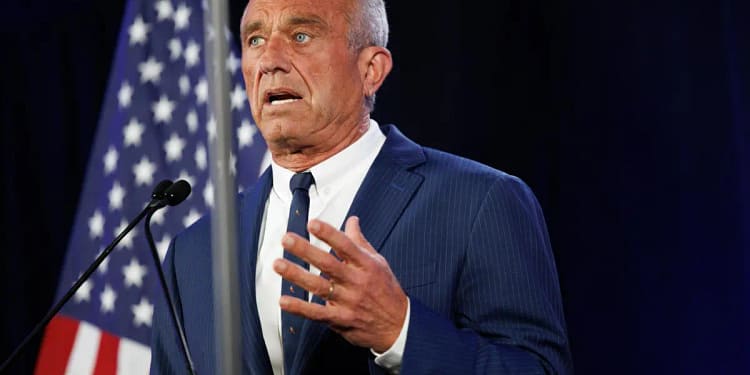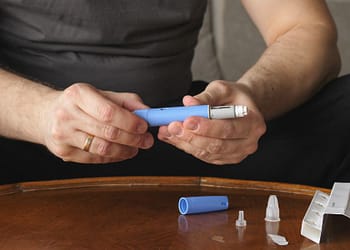- Cough, Mucus, and Respiratory Health: A Complete Guide - August 18, 2025
- Flogoprofen: what it's used for and how to take it - June 21, 2025
- What is Movicol oral solution in sachet used for and how to take it? - June 18, 2025
Following his victory in the 2024 election, Donald Trump has appointed Robert F. Kennedy Jr. as Secretary of Health. USA. If approved by the Senate, the now president's candidate would take charge of the Department of Health and Human Services. (HHS).
This decision places Kennedy, an anti-vaccine activist and environmental lawyer, heads one of the most influential departments in the US government, charged with administering programs such as Medicare, Medicaid, and the Affordable Care Act, as well as overseeing key agencies such as the Centers for Disease Control and Prevention (CDC), the Food and Drug Administration (FDA), and the National Institutes of Health (NIH).
A controversial appointment
Kennedy gained notoriety during the Covid-19 pandemic leading Children's Health Defense, an organization known for spreading anti-scientific theories about vaccines.
His appointment as health secretary, which requires Senate confirmation, has raised alarm among public health experts. Lawrence Gostin, global health specialist at Georgetown University, called the appointment “the darkest day for public health and science in my lifetime,” highlighting the risks of having a leader who is skeptical of scientific evidence.
Among his stated priorities, Kennedy seeks review vaccine safety, remove fluoride from drinking water and restructure U.S. health agencies to reduce what he describes as “corporate control.”However, his claims, such as that vaccines cause autism and that atrazine influences gender identity, have been repeatedly debunked by the scientific community.
Global health implications
The impact of this decision could transcend borders. During his previous term, Trump withdrew key funding from the World Health Organization (WHO) and other international agencies. With Kennedy as secretary, there are fears that this isolationist stance will be reinforced, affecting essential programs such as PEPFAR, which fights HIV/AIDS in more than 50 countries.
WHO officials have expressed concern that further US budget cuts could trigger a global health crisis.
An uncertain path to confirmation
Kennedy will face approval from a Republican-controlled Senate, though Trump could use recess appointments to avoid the traditional process. Her nomination joins other controversial nominations, including those of Tulsi Gabbard for Homeland Security and Matt Gaetz for attorney general.
Impact on public health
Kennedy's stances could jeopardize achievements such as vaccines and water fluoridation, which have increased life expectancy worldwide.
While some acknowledge the need to monitor the influence of the pharmaceutical industry, others warn that the lack of evidence in Kennedy's proposals could further weaken the American health care system.
This appointment, with profound implications for public health and global health diplomacy, will mark a decisive chapter in US health policy under the Trump administration.






